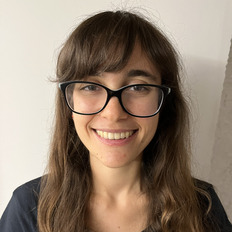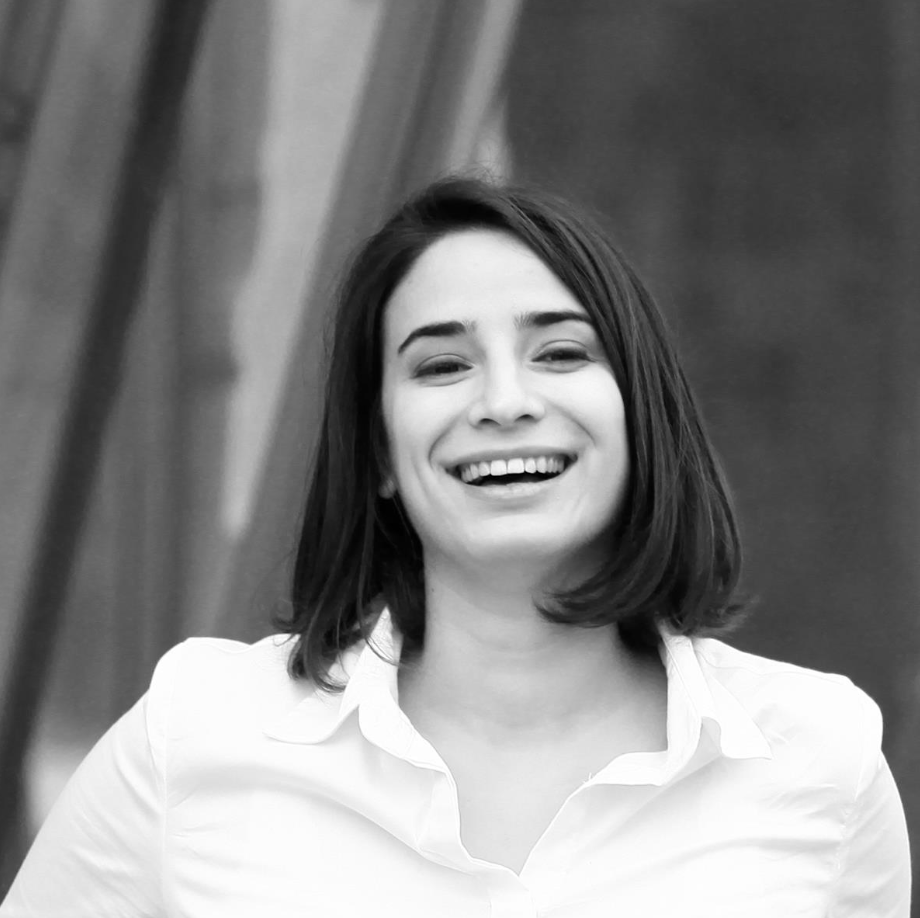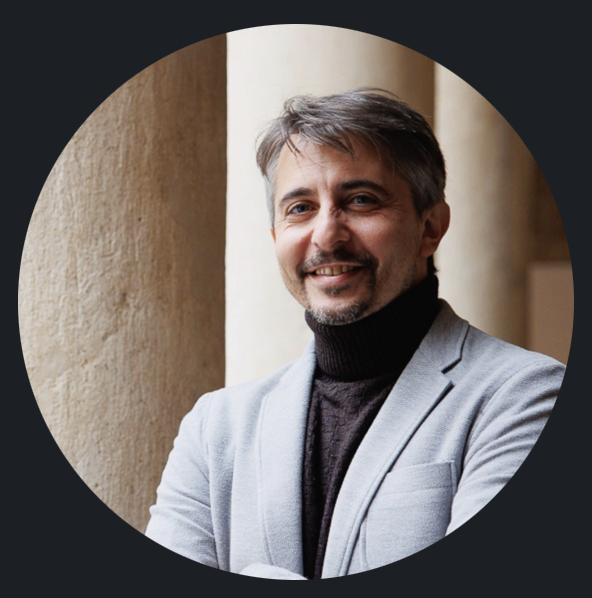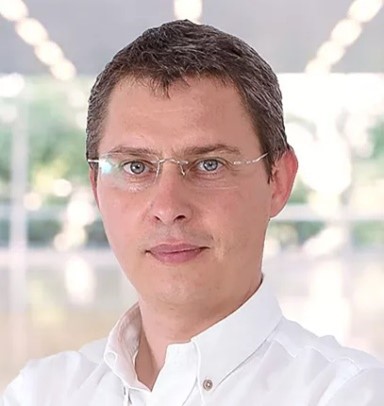Scientific HPC in the pre-Exascale era
Abstract
In this epoch of technological evolution, data concerning problems of different scientific areas are steeply increasing in volume, also requiring hundreds PB of storage (Big Data). Specifically, in astronomy, radioastronomy, and cosmology, these data have a big size both in the single file and in the number of files. Maintaining a proper performance trend towards pre-Exascale systems requires a specific codesign between hardware and software, exploiting High Performance Computing (HPC) techniques. On the hardware side, increasingly heterogeneous architectures with multiple nodes and accelerators linked with high-bandwidth bridges to the single node are required. On the software side, applications have to be written with programming languages which allow portability among diverse architectures while not losing in performance and minimizing the time required by the programmer to adapt the application. Other important aspects are the maintainability of the numerical stability of a problem solution while increasing the system size and the number of computational resources and the requirement of a “Green” solution, that is, the ability to build infrastructures and applications to compute operations with big data volumes without excessively increasing the energetic consumptions.
Chairs

Valentina
Cesare
valentina.cesare@inaf.it
Valentina Cesare is an astrophysicist and fixed-term researcher (tecnologo di III livello professionale) at the National Institute for Astrophysics (INAF) – Astrophysical Observatory of Catania (OACT) since May 2023 and she have worked at INAF-OACT since December 2020. She is currently working on the development, support, and GPU porting of scientific applications related to Gaia space mission (specifically, the Gaia AVU-GSR Parallel Solver) on HPC and HTC environments. She is also working in the development of workflows with Common Workflow Language (CWL) for scientific visualization. She got the Ph.D. in Physics and Astrophysics in March 2021 at the Physics Department of the University of Turin, with a thesis about the study of the dynamics of external galaxies with the theory of modified gravity Refracted Gravity. Her Ph.D. work was the continuation of her work of Master Thesis, for which she received the Master’s Degree in Physics with honours in July 2017. She got the Bachelor’s Degree in Physics with honours in July 2015 at the same university and department, with a thesis about magnetohydrodynamical instabilities of astrophysical jets.

Gianluca
Mittone
gianluca.mittone@unito.it
Gianluca Mittone is a Ph.D. student in Modeling and Data Science at the Computer Science Department of the University of Turin, after eight months as a research engineer at the same university and department. He is currently working on different projects involving HPC and Machine Learning techniques. He received his Bachelor’s Degree in Computer Science in 2017 with a thesis on the handling of exceptions in Description Logics, proposing the implementation of an algorithm for the automatic revision of ontologies exploiting a Typicality operator. He also received the Master’s Degree in Computer Science in 2019 with a master thesis on a novel distributed approach for deep learning, named NNT (Nearest Neighbours Training), which takes advantage of a locally synchronous approach to achieve a better trade-off between computational time and learning results.

Emanuele
De Rubeis
emanuele.derubeis2@unibo.it
Emanuele De Rubeis is a Ph.D. student at the University of Bologna and the Institute of Radio Astronomy (INAF-IRA, Bologna) since November 2022, where he carries out his research in the field of non-thermal emission at low frequency in clusters of galaxies and radio galaxies, in particular through the analysis of LOFAR-VLBI data, and in the application of HPC solutions for radio astronomy.

Alberto
Vecchiato
vecchiat@oato.inaf.it
Alberto Vecchiato is a physicist and a researcher at the Osservatorio Astrofisico di Torino, where he hold a permanent position in 2007, and he developed the Gaia AVU-GSR Parallel Solver, written in C + C++ and parallelized firstly with MPI + OpenMP and then with MPI + CUDA, with Dr. Ugo Becciani and Dr. Valentina Cesare from the Osservatorio Astrofisico di Catania. He got the Ph.D. in Space Science and Technology in 2001 and his graduation thesis in Physics in 1996 at the University of Padova.
Program Committee
- Claudio Gheller, INAF-IRA
- David Goz, INAF-Osservatorio Astronomico di Trieste
- Nicola Tuccari, INAF-Osservatorio Astrofisico di Catania
- Iacopo Colonnelli, Università degli Studi di Torino
- Eva Sciacca, INAF-Osservatorio Astrofisico di Catania
- Farida Farsian, INAF-Osservatorio Astrofisico di Catania
Presentations
- Welcome Talk
- Big Data Management in MeerKAT+
- The challenge of the data in the SKA Regional Centres network
- Accelerated radio astronomy with RICK
- GREEN HPC toward SKA era with RICK
- FROM LOCAL TO REMOTE: VISIVO VISUAL ANALYTICS IN THE ERA OF THE SQUARE KILOMETRE ARRAY
- Toward Heterogeneous, Distributed, and Energy-Efficient Computing with SYCL
- Exploring energy consumption of AI frameworks on a 64-core RV64 Server CPU
- BENCHMARKING HPC PERFORMANCE FOR STATE-OF-THE-ART AI WORKLOADS
- From Scratch to Large Pre-Trained Models. A Comparative Study for Medical Image Classification
- AN INTRODUCTION TO THE CINECA (AND ICSC) SUPERCOMPUTING INFRASTRUCTURE: From Leonardo and beyond
- Computational Challenges of Global Astrometry
- The Problem of the Global Astrometric Sphere Reconstruction in Astrometry
- The Gaia AVU-GSR solver: CPU+GPU parallel code toward Exascale systems
- CAPIO: Cross Application Programmable IO









